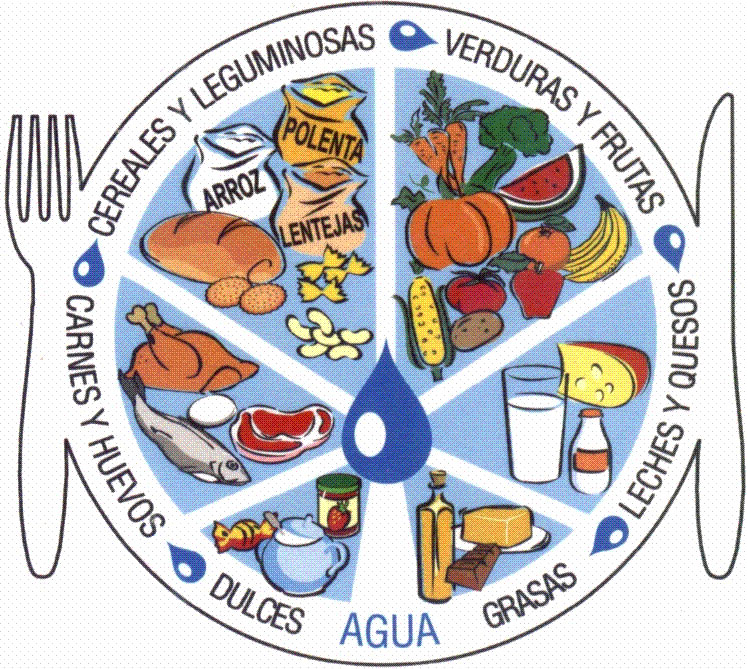
Nutrition is part of a student's comprehensive education. In childhood, eating habits are established that will accompany us for the rest of our lives, thus determining our nutritional status and our health.
That is why it is so important to make an effort to establish and/or improve eating habits during this stage of life.
Although we understand that the formation of habits begins in families, with customs and traditions, the school accompanies this to a very important extent.
Nutritional Education is focused in a playful way, so that they feel comfortable and supported.
Some things we share with your children during the school year:
- At Inicial we cook sweet and savoury preparations with vegetables and fruits, showing them the importance they have in the diet, promoting 5 a day.
- In the first year we worked together with 4-year-olds on habits and manners at mealtimes. We designed a theatrical representation of what should and should not be done in the dining room.
- In the second year we studied dairy products and their derivatives, and the importance of coming to school having had breakfast for their performance.
- In the third year we work on the World Food Day motto, generally related to soils, where they take their seedlings to carry out their first garden experiences.
- In the fourth year we work on a balanced diet, and how we will represent it to our first year classmates.
- In the fifth year, we invite you to participate in the World Food Day poster contest, for which we work together with Plastic Arts, and during that month we seek information and analyze the nutritional proposal, independently of the drawing itself.
- In the sixth year, continuing education is carried out in the Dining Hall.
On the other hand, in Secondary School - in Baccalaureate - the opportunity was created for students to choose a family recipe, write a review, make a presentation and a drawing of the preparation. During this period, the recipes are analyzed from a nutritional point of view and then analyzed for contributions, source of nutrients, requirements of men and women, and where we meet and discuss the topic, among other things, prior to the tasting.